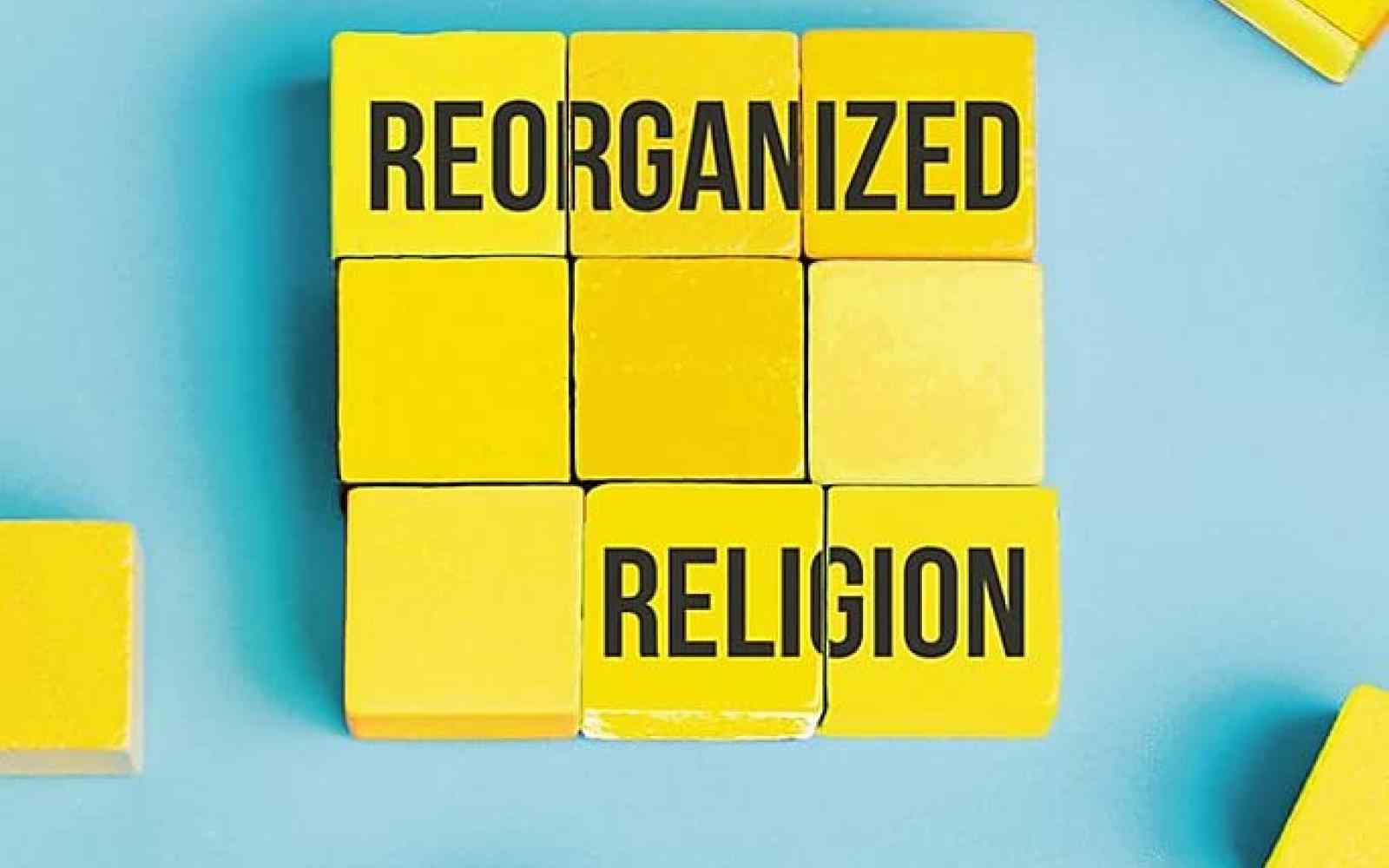
Why the decline of the church matters to everyone?
“In a world where polarization and fear often dominate conversations and relationships, Smietana says, people need what the church has. Sometimes that means skills such as asking forgiveness, admitting that you need help and understanding that you can dislike someone yet still see them as a person of worth and a neighbor. Churches also have the capacity and expertise to offer food to the hungry, shelter to the unhoused and large-scale relief efforts. But as the number and the size of churches decline and fewer and fewer people are members of congregations, that is slowly disappearing. And it won’t be replaced, Smietana said. ‘It’s like religious climate change,’ he said. ‘What churches do right now will really make a difference long term. Because if you let it go, it isn’t coming back.’”
Ashoka insight
Around the world, trends are similar: more and more people consider themselves “spiritual but not religious”. In the context of the United States, relief organizations and faith-based organizations provide services to large portions of the population. As the interest in attending worship services in person is going down, Bob Smietana talks about the need for faith communities to identify new ways of serving society, spiritual belonging, and collective action.
If you are grounded in a faith tradition, what aspects of it contribute to your changemaking?
How does your spiritual community relate to the changes that Bob is describing?